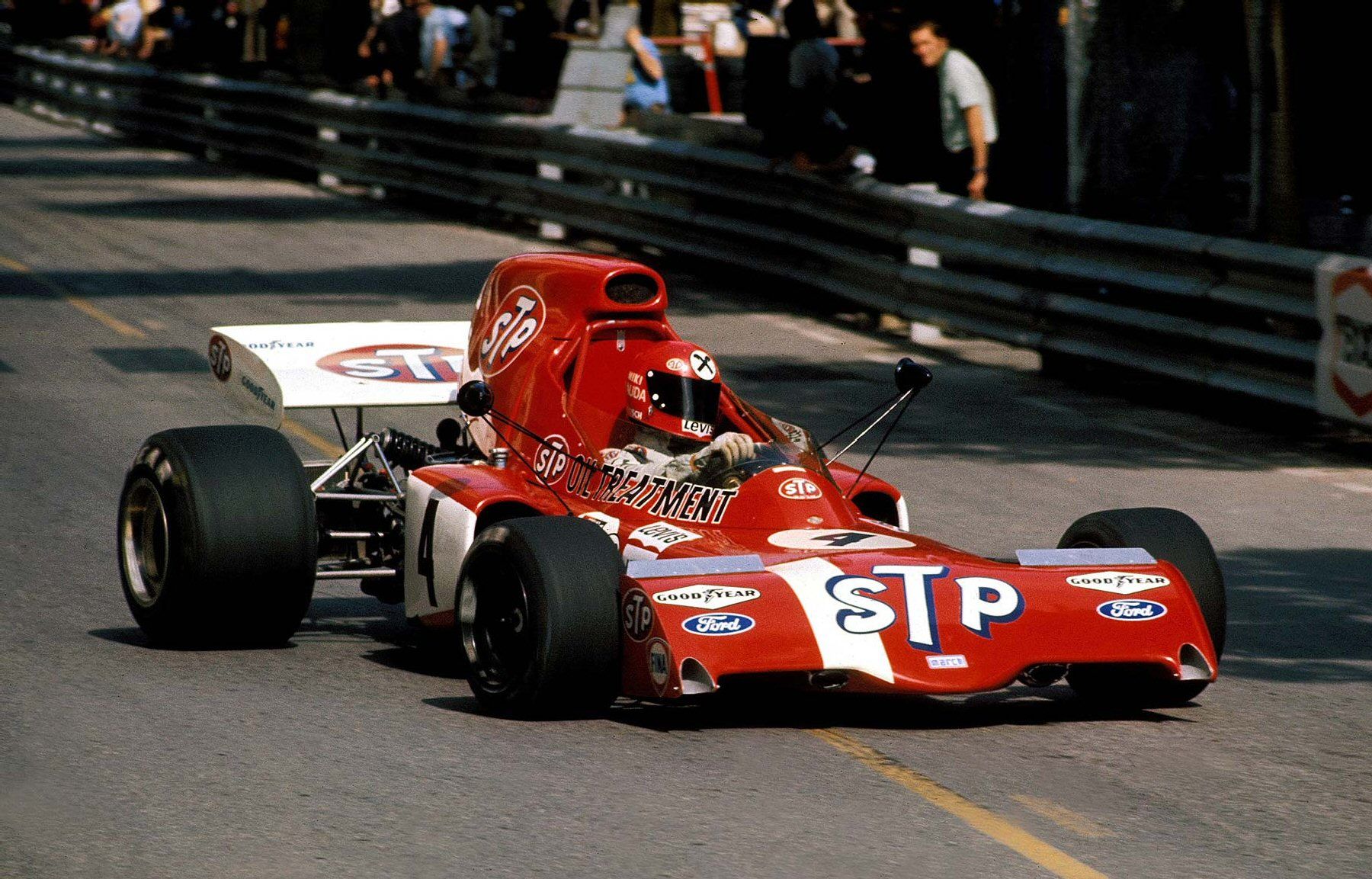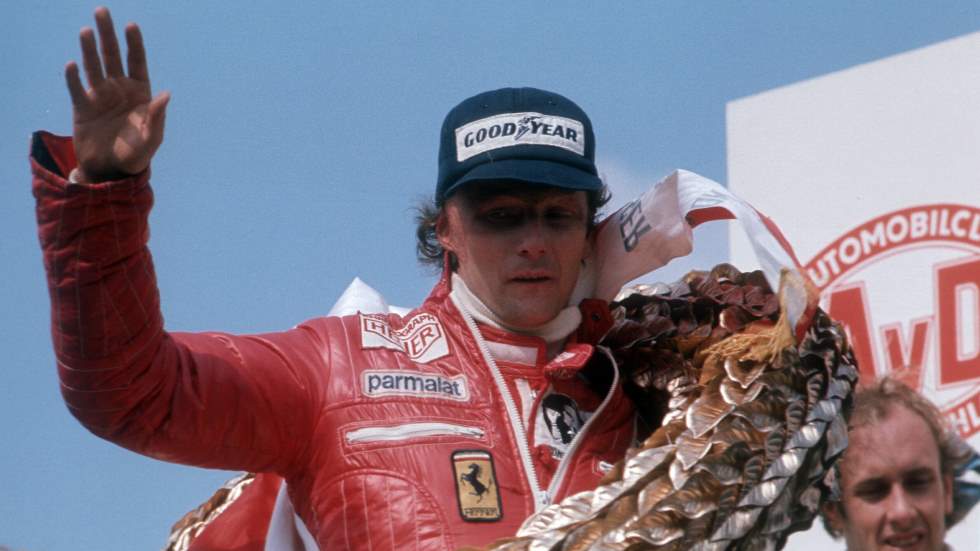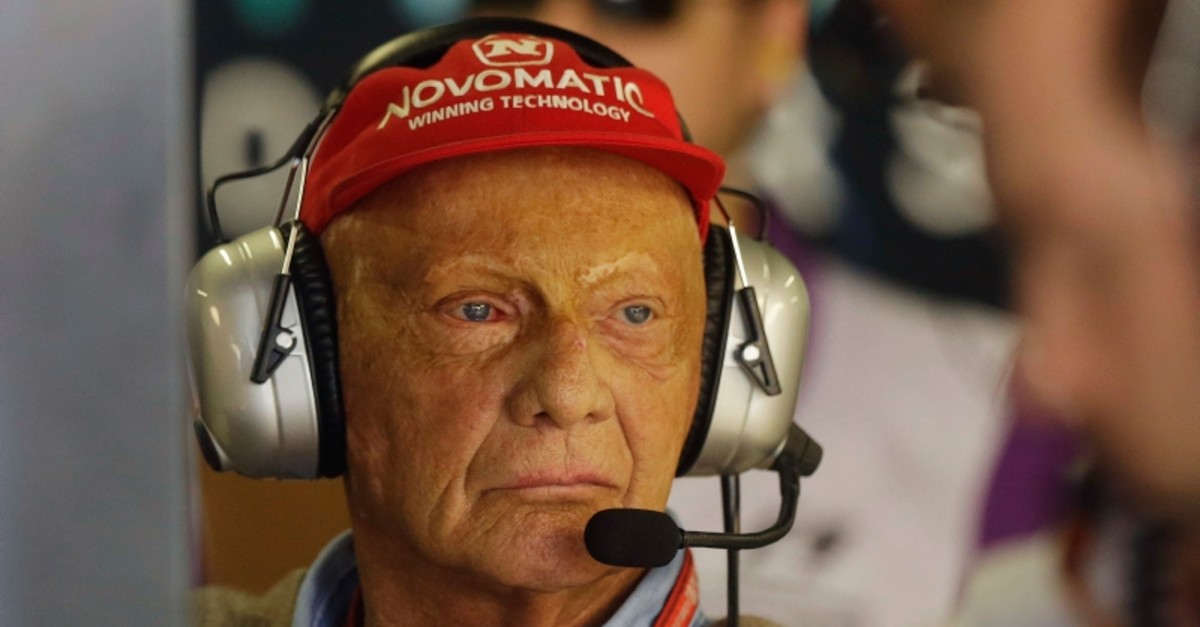Niki Lauda: The Resilience of a Champion
In the annals of motorsports, few names shine as brightly as Niki Lauda. His story is not just that of a champion, but an epic tale of resilience that was forged in the fires of adversity and rose to the heights of success. At the center of this narrative is a critical moment that marked his career and defined his legacy: the 1976 German Grand Prix at the legendary Nürburgring.
Niki Lauda, born on February 22, 1949 in Vienna, Austria, was a prodigy in the world of motorsports from an early age. His innate ability to drive a car and his methodical approach to technical development marked him out as an exceptional talent. Lauda began his Formula 1 career in 1971 with the March team, but it was his move to Ferrari in 1974 that would mark the beginning of his rise to the top.
The 1976 season presented itself as a fierce battleground between Niki Lauda and his main rival, James Hunt. The drama reached its peak on the Nürburgring circuit, where weather conditions were adverse. Lauda, always aware of the risks and defender of safety, expressed his concern about holding the race in these conditions. However, the competition continued.

On the fateful August 1, 1976, on the second lap of the race, Lauda lost control of his Ferrari in a curve, crashed into the guardrail and his car burst into flames. Other pilots, including Arturo Merzario, rescued Lauda from the flames, but the damage had already been done. He suffered severe burns to his head, face and hands, and his life hung by a thread.
The impact of Lauda's accident was felt throughout the motorsport world. The physical consequences were evident, but the mental and emotional aspect was equally challenging. While Lauda fought for his life, the Formula 1 world wondered if he would ever compete again.
In a turn of events that would shock the world, Niki Lauda demonstrated unparalleled resilience. Just six weeks after the accident, the Austrian returned to the track to compete in the Italian Grand Prix at Monza. Although he did not win that race, his mere participation was an act of courage that left the motorsports community in a state of awe.

Lauda's recovery was not just physical; It was also a complex psychological process. The healing of the burns was only part of the story; rebuilding his confidence and his ability to take on the dangers of the track again was an even greater test. His return not only defied expectations but also set a standard for mental toughness in the sport.
The remainder of the 1976 season became an epic battle between Lauda and Hunt for the world championship. Despite his brave comeback, Lauda was unable to retain the title from him, and James Hunt took the championship in a thrilling final race at Fuji. However, Lauda's effort was equally heroic and earned him the respect and admiration of the motorsports community.
Niki Lauda's resilience didn't stop there. In the years that followed, he continued to defy expectations and won his third world title in 1984, cementing his place in Formula 1 history as one of the greatest drivers of all time. His ability to overcome adversity and his ability to stay at the top of the sport despite his difficulties made him a role model for many.

Beyond his success on the track, Lauda also left a lasting impact on Formula 1 through his commitment to safety. His personal experience made him a passionate advocate for stricter measures to protect drivers, and his influence contributed to the implementation of significant changes to safety regulations in the sport.
Niki Lauda's retirement from racing did not mark the end of his involvement in motorsports. He became a successful businessman and held key roles at teams such as Ferrari and Mercedes in executive roles. His contribution to the sport transcended the track, and his voice continued to be respected and valued in the automotive community.
The death of Niki Lauda on May 20, 2019, at the age of 70, left a void in the world of motorsport. However, his legacy lives on as a beacon of resilience and determination. Lauda's story is not only that of a Formula 1 champion, but that of a man who defied the most difficult adversities and emerged stronger, demonstrating that true greatness is not measured only in titles, but in the ability to overcome tragedy and emerge victorious. Lauda, with his unbreakable character and steel will, will be remembered as an eternal symbol of human resilience in the world of motorsport. His life and legacy continue to inspire generations of motorsports fans and those who seek examples of how to overcome adversity with grace and courage.
